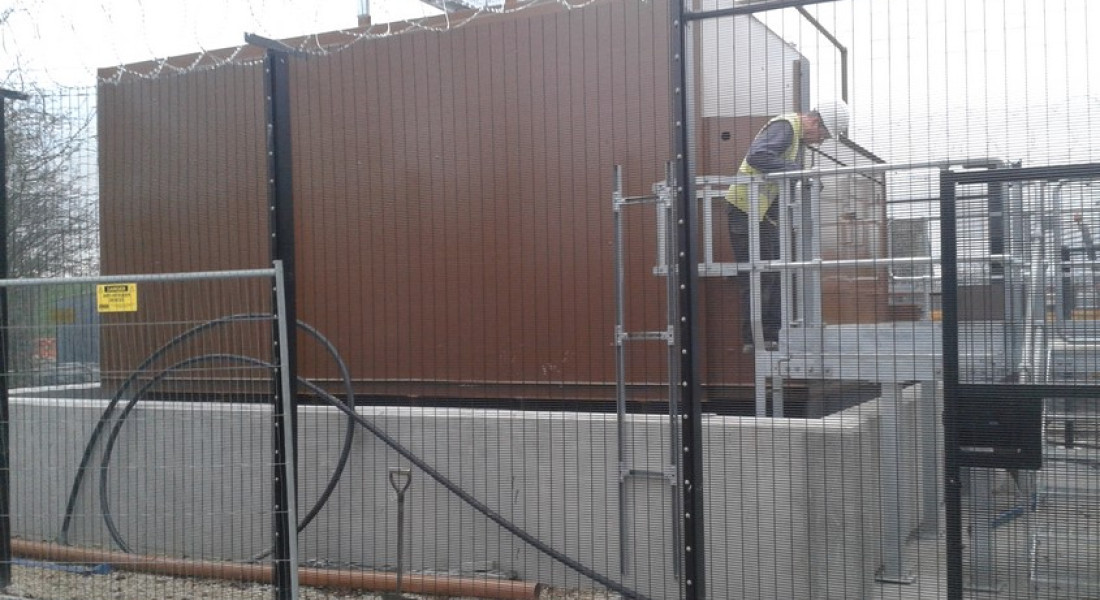Blog

Annual OFTEC surveys offer peace of mind that your oil storage is being suitably maintained and that it remains compliant with all current regulations. The regulations are extensive and far-reaching, though simple to follow, and include:
From the Control of pollution (Oil Storage) (England) Regulations 2001:
Clause 22: “Regular inspection by qualified inspectors of your containers will ensure that potential defects are found and corrected before causing problems and are ensuring that containers do not cause pollution”
Clause 27: “A more detailed annual check by a trained operator, e.g. in the OFTEC registered scheme, is also recommended to ensure there is no corrosion, mechanical damage or oil leaks”.
It’s important to note that The Control of Pollution (Oil Storage) (England) Regulations 2001 set out the requirements to be met for the safe storage of oil in containers above ground. As of 1st September, 2005, all oil storage containers above 200 litres are required to comply with these regulations.
The Environmental Alliance – comprising the Environment Agency (EA) for England and Wales, the Northern Ireland Environment Agency (NIEA) for Northern Ireland, and the Scottish Environment Protection Agency (SEPA) for Scotland – have also produced the Pollution Prevention Guidelines (PPGs). These are a collection of documents that provide best practice guidance to avoid pollution in various practical types of activities, and also make reference to associated legal requirements. Most notably, in relation to oil and OFTEC inspections, are “PPG 2: Above ground oil storage tanks”, “PPG 3: Use and design of oil separators in surface water drainage systems’’, ‘’GPP 8: Safe storage and disposal of used oils’’ and ‘’GPP 22: Dealing with spills’’.
PPG 2: Above ground oil storage tanks:
Deciding where to put your fuel tank can be tricky, but the Environmental Alliance recommends that you don’t store oil in high risk locations, which include:
Within fifty metres of a spring, borehole or well.
Less than ten metres of a watercourse.
Locations where spilt oil could mix with open drains, loose fitting manhole covers or soak into the ground where it could cause pollution.
Places where tank vent pipe outlets can’t be clearly seen from the filling point.
Source Protection Zones (SPZs) where groundwater is especially vulnerable.
PPG 3: Use and design of oil separators in surface water drainage systems
Under ‘Maintenance and use’, they claim that to prevent pollution and reduce costs, you should manage your separator effectively. All parts of the separator that have to be regularly maintained must be accessible at all times, and every 6 months, experienced personnel should:
Inspect the integrity of the separator and all mechanical parts to ensure safety.
Determine the depth of accumulated oil and silt.
Service and maintain all electrical equipment such as alarms and separator management systems.
Consider the condition of any coalescing device and replace it if necessary.
GPP 8: Safe storage and disposal of used oils
Under section 4: ‘Disposing of commercial and industrial used oil’ of GPP 8, it states:
‘’Used mineral oil from commercial and industrial sources will be classified as hazardous/special waste. It must be managed in accordance with the relevant regulations which impose legal requirements for its movement, recovery and disposal.’’
This involves:
Accurately and honestly describing your waste, including any hazardous properties.
Secure your storage of waste.
Separation of hazardous/special waste.
Usage of consignment notes for hazardous special waste.
Keeping records of everything – everyone involved in the transfer must keep copies of Hazardous Waste Consignment Notes for a minimum of three years.
GPP 22: Dealing with spills
Under section ‘’2.2 Assess your risk’’, it states that businesses, ‘’should carry out a pollution risk assessment or pollution prevention plan’’ that considers the following:
Physical, chemical and biological properties of any material that could be spilt.
How materials are stored or transported and the condition of specific storage containers.
Possible effects of accidents, flooding, vandalism and the failure of insufficient containment.
Location, including how close you are to local water courses, and sensitive groundwater.
Locations, public water abstraction points and environmentally sensitive areas, that must be protected.
Operations and the layout of your site, or factors you should look out for in road traffic collisions.
Any risks that could harm people and the environment and the extent of the possible damage.
At Dale, we have in depth knowledge of the regulations that you should follow to minimise risk. For more information on the related GPPs, please contact us today on 0330 999 3000 and visit Netregs for the PPGs themselves.